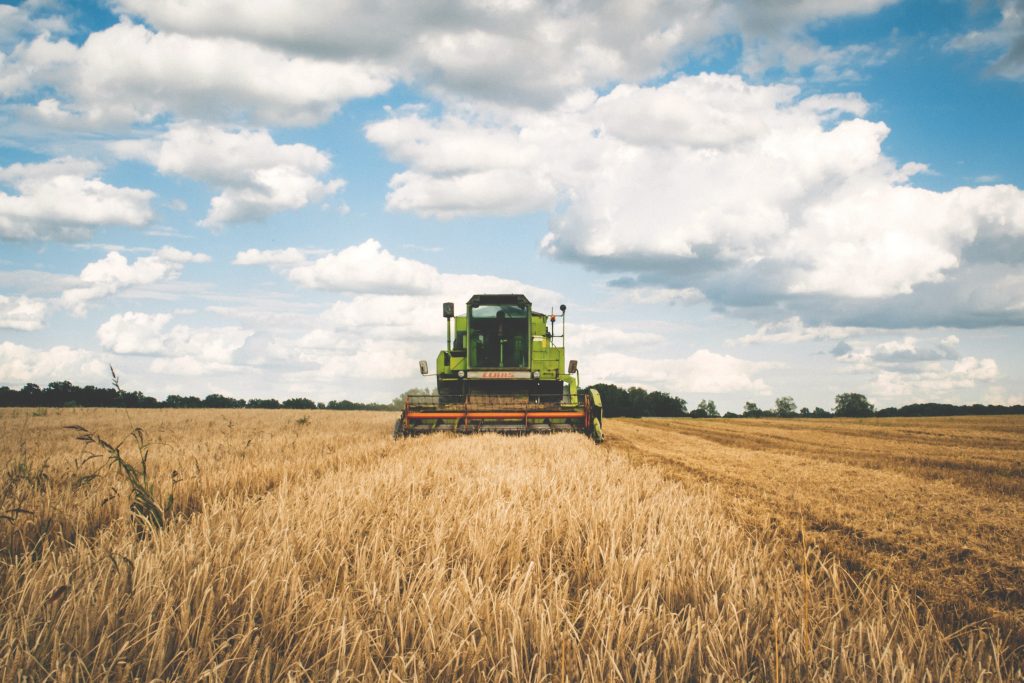Agricultural mechanization emerges as a powerful force driving progress and change in Ethiopia’s dynamic agricultural sector. Ethiopia, which has a long history of agriculture, must meet the country’s increasing demand for food. In this blog, we’ll set out on a journey to understand the enormous significance of agricultural mechanization in modern Ethiopian farming and explore its profound impact on the success and growth of the agricultural sector in the country.
Efficiency Unleashed: Empowering Farmers for Success
At the heart of agricultural mechanization lies its ability to unlock unprecedented efficiency. Specialized machinery, such as advanced tractors, harvesters, and precision equipment, revolutionizes the farming landscape by streamlining labor-intensive tasks. Ethiopian farmers can now cover larger areas of land, optimize planting and harvesting processes, and dramatically increase productivity.
Time and Labor Savings
Agricultural mechanization saves precious time and reduces the dependency on manual labor. By automating tasks such as plowing, planting, and harvesting, farmers can accomplish more within shorter timeframes. Mechanization reduces the physical strain on farmers, allowing them to focus on strategic decision-making and other critical aspects of their agricultural operations. Time and labor savings contribute to increased overall farm productivity and profitability.
Precision and Accuracy
Modern agricultural machinery is equipped with precision technologies. By applying inputs with accuracy, farmers can minimize wastage, improve resource efficiency, and ensure optimal crop growth. Precision and accuracy also lead to better crop quality, reduced environmental impact, and enhanced sustainability of Ethiopian farming practices.
Knowledge Sharing and Capacity Building
The revolution of agricultural mechanization brings opportunities for knowledge sharing and capacity building. As farmers embrace mechanized techniques, they engage in training programs and knowledge exchange initiatives to optimize their use of advanced machinery. This collaborative environment fosters innovation and cultivates expertise within the farming community.
In conclusion, the implementation of agricultural mechanization marks a major change in modern Ethiopian agriculture, resulting in a wide range of important benefits. Agricultural mechanization significantly increases the productivity and efficiency of farming operations by utilizing cutting-edge equipment and technology. Embracing this transformative approach is of paramount importance for Ethiopian farmers, as it enables them to achieve vital goals such as ensuring food security, driving economic prosperity, and cultivating a sustainable future. Ethiopian farmers can optimize their farming practices, streamline operations, and navigate the challenges of agricultural landscape by integrating mechanization, ultimately paving the path for long-term success and resilience.


